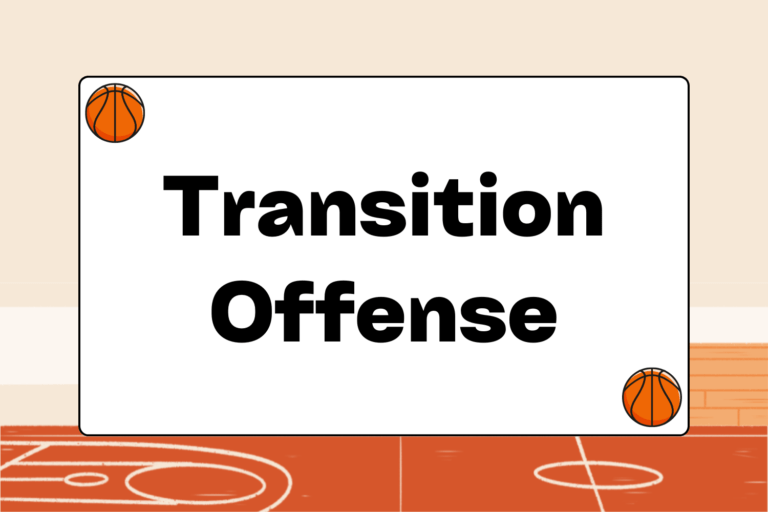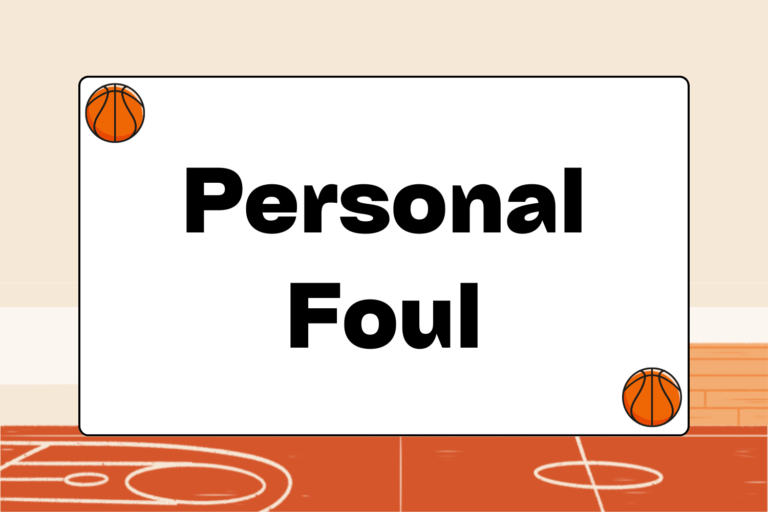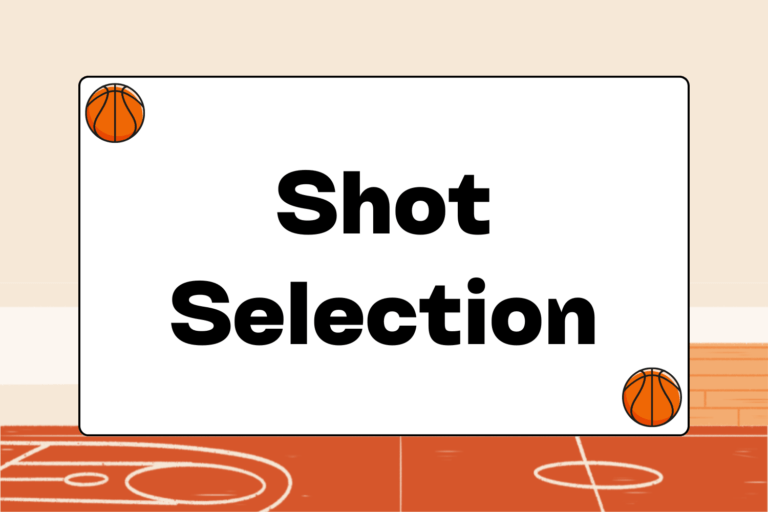In order to successfully advance to the upper levels of competitive basketball and get playing time, you must excel at one part of the game in a way nobody else can. This skill set could be anything: Lockdown defense, aggressive work on the glass, or a quick release from three-point range.
A player who can provide excellence in one area of the floor will always find playing time. But finding and developing your niche isn’t easy. It can be the product of any of the following:
- Self-awareness on the floor; knowing what asset you have that other players don’t.
- What you enjoy doing on the floor, and working relentlessly to perfect it.
- Your team’s needs, and work on your part to fill a vacancy on the floor.
If you’re an avid player looking for more minutes, it’s probably time for you to find your niche in the game. The rest of this guide explains how to accomplish this exact goal.
What it Means to Find Your “Niche”
Basketball has grown to place a high level of value on specialization. A player who can enter a game and dominate the glass or slow down a hot scorer has a lot of value to coaches, and will certainly find some playing time.
Many players have the ability to “wow” coaches with individual moves or athleticism, and there’s room on most teams for those assets. But a player with a specialized skill forces a coach to ask himself if he needs that skill on his team. Coaches don’t always need players with great offensive moves. But they often need rebounding, defense, long-range shooting, and other niche basketball talents that certain players can provide.
This ability to settle on one area of your game and excel at it represents your niche — it’s how you differentiate yourself from everyone else on the court. Perhaps you love to pass, trap on defense, or knock down twenty-foot jumpers. Work on the facet of the game you love, and make it your niche.
Fun Fact
National Basketball Association (NBA) All-Star Dwight Howard re-dedicated himself to the defensive end after his first three years in the league. Since then he has made four consecutive NBA All-Defensive teams and became the only player to ever win three consecutive Defensive Player of the Year awards.
Team Needs
Another way to develop your niche is to build around specific team needs. If your team lacks a player who can spot up along the three-point arc and knock down an open shot, or someone who can defend in the low post, dedicate yourself to developing that part of your game.
If you’re having trouble filling that role or finding out what the team needs, talk it over with coaches and teammates. Let your coaches help you establish and track your goals, so you can log your progress and create new goals along the way.
A player who aspires for more playing time should always be comfortable asking coaches what he can do to earn it. Listen to your coaches and heed their advice on how you can help the team.
Use Your Off-season Wisely
Dedicate your off-season workouts to finding and developing your niche. Find the part of the game you’re best at or most passionate about and build on it. For example, if you have great height, excellent speed, or a quick stroke, take advantage of that asset and make it the crux of your game.
The off-season is great for weaving practice together with scrimmages. An effective off-season workout program emphasizes conditioning, strength training, and honing the skill sets you want to develop. Practicing a specific area of your game in the morning and taking it onto the floor for afternoon games is a great skill-building technique.
Fun Fact
Hall-of-Fame inductee Dennis Rodman dedicated himself to becoming the best rebounder in the league after three years of coming off the bench. Once he found his niche in the game, Rodman won a record seven consecutive rebounding titles and was an integral part of five NBA championship teams.
Be an All-Star
Working on your weaknesses is an important part of the game. But a player that excels at one area forces his way onto the court and can give opposing coaches fits. Concentrate on your strengths and becoming dominant at one part of the game, and then — over time — develop your overall abilities on both ends of the court.





